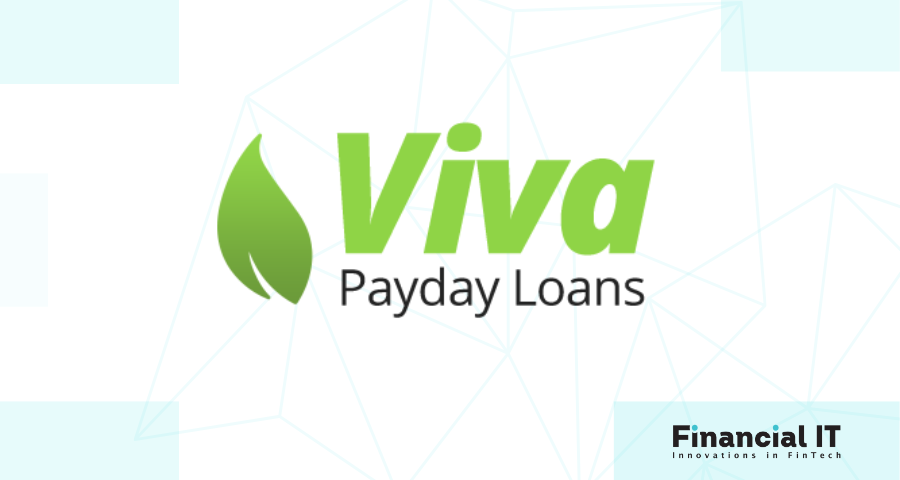8x8 Expands Secure Pay Globally to Automate Compliant...
- 23.01.2026 02:35 pm
SEPA Instant Payments Set to Surpass Traditional...
- 23.01.2026 08:45 am
Mercuryo Unveils Partnership With Visa to Support...
- 23.01.2026 08:35 am
Funding Circle’s Cashback and FlexiPay Cards Launched...
- 22.01.2026 11:05 am
Gr4vy and Ecommpay Partner to Deliver Multiple Payment...
- 22.01.2026 10:55 am
Checkout.com Powers Digital Payments Behind Freenow by...
- 22.01.2026 10:25 am
Phuket Smart Bus Launches Tap & Go Contactless...
- 21.01.2026 11:05 am
Airwallex Acquires Paynuri to Unlock Global...
- 21.01.2026 08:50 am
TrueLayer And Stripe Power Pay by Bank Payments in...
- 21.01.2026 08:35 am
2026 Outlook: 7 Ways Accelerating Transaction Disputes...
- 21.01.2026 08:35 am
Acquired.com Partners With Visa To Unlock Transparent...
- 21.01.2026 08:35 am
Giftcards.com Expands Access To Digital Gift Cards...
- 21.01.2026 08:25 am






















